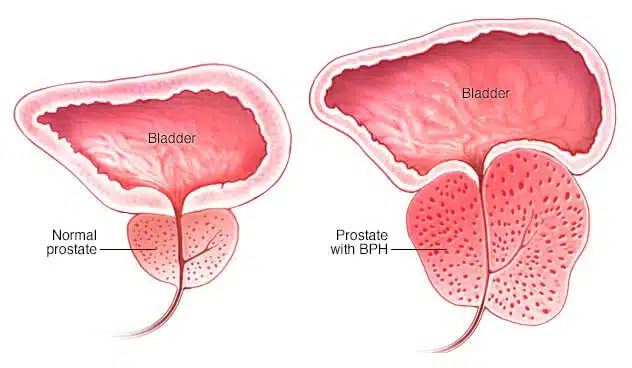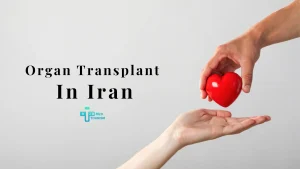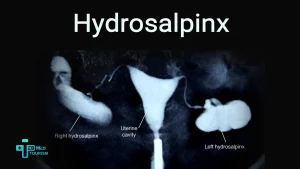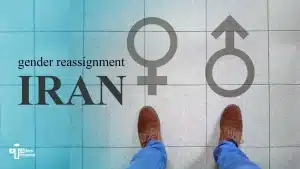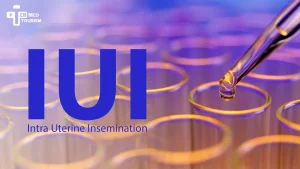Sometimes, men can face urinary problems due to an enlarged prostate. Sometimes these problems can be treated with the use of medications, but in more severe cases, doctors recommend surgery. Transurethral resection of the prostate, also known as TURP, is the surgery that can help patients with their urinary problems. TURP is known to be the most effective treatment of enlarged prostate, but nowadays, other minimally invasive procedures are starting to be popular with a better outcome.
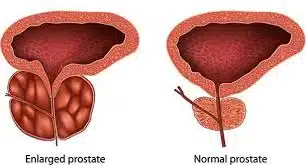
How is the transurethral resection of the prostate done?
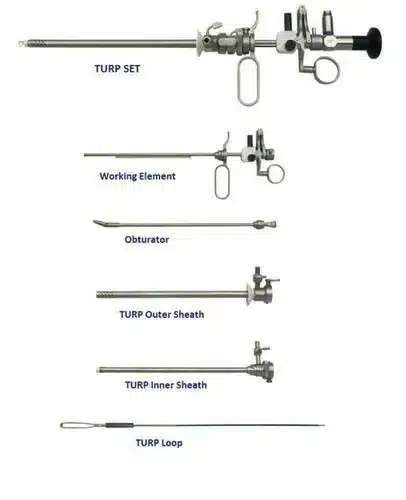
Who needs the transurethral resection of the prostate?
Individuals who are suffering from urination complications due to the prostate problems are good candidates for transurethral resection of the prostate. This can be due to either prostate cancer or benign prostate hyperplasia (BPH), is only a disease that happens due to aging. In principle, transurethral resection of the prostate is a safe surgical procedure with a high success rate, but like other surgical methods, it has its risks. These risks include temporary difficulties in urination, heavy bleeding, low level of sodium in the blood, and dry orgasm.
When is the transurethral resection of the prostate (TURP) necessary?
In principle, transurethral resection of the prostate can reduce symptoms due to prostatic hyperplasia. These symptoms include:
- Frequent and urgent need to urinate
- Difficulties in starting urination
- Slow or prolonged urination
- Increase of urination frequency during the night
- Not being able to urinate continuously
- Feeling not to be able to empty your bladder completely
- Infections in area of urinary tract
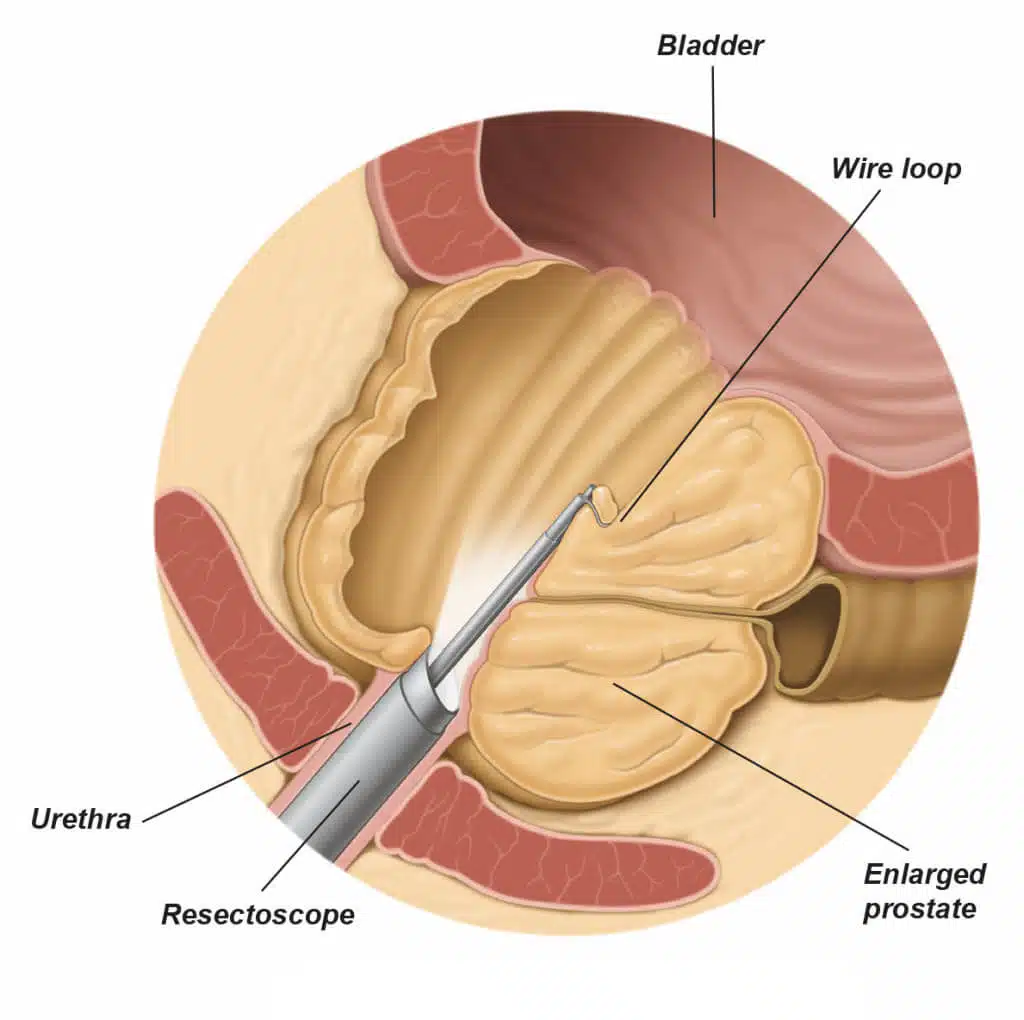
Preventing transurethral resection of the prostate with proper diet
Similar to other medical complications, the probability of facing enlarged prostate and thus transurethral resection of the prostate is dependent on the lifestyle and diet of patients. Here we list a couple of foods that can help reduce the risk of having enlarged prostate:
- Salmon: This type of fish is rich in omega-3 and healthy fats that can help in preventing and reducing the inflammation of organs in the body.
- Tomatoes: Tomatoes contain an antioxidant that is beneficial for prostate gland cells and prevents prostate cancers.
- Berries: Fruits like raspberries, strawberries, blueberries, and blackberries are rich sources of antioxidants. Antioxidants can reduce the risk of cancers basically by removing free radicals from the body.
What are the risks of transurethral resection of prostate surgery?
Similar to other surgical procedures, transurethral resection of the prostate comes with some risks and side effects, including:
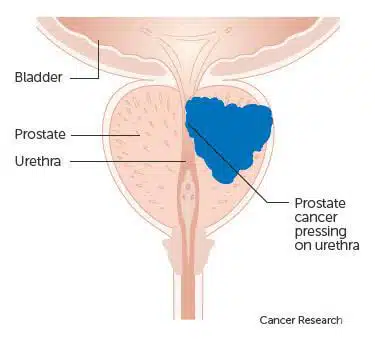
- Complications during urinating: After the transurethral resection of the prostate, you might face infections in the urinary tract area. This is a possible complication after prostate procedures. Prescription of antibiotics after surgery helps patients in this regard. Moreover, a few days after the transurethral resection of the prostate procedure, you might face temporary difficulties in urinating. Up to the point when you can’t urinate on your own, a catheter will help you in this regard.
- Dry orgasms: One of the common and long term side effects of transurethral resection of the prostate surgery is retrograde ejaculation, also known as a dry orgasm. This happens during ejaculations when semen releases into the bladder. This is not particularly harmful.
How long would the TURP procedure take?
It usually takes 60 to 90 minutes to perform a transurethral complete resection of the prostate surgery. Before the procedure, patients will either undergo general anesthesia or spinal anesthesia.
What is the post-operation recommendation for TURP surgery?
After the surgery, patients need to be monitored for 1-2 days. During this time, their urination takes place with the help of a catheter due to swelling that can, in principle, block the urine flow. Observing blood traces in the urinary is a typical case after the surgery; however, finding severe bleeding is not normal and should be reported to the doctor. The general condition of the patient will improve in 6 to 8 weeks after surgery. Drinking a lot of water, avoiding sexual activities, and consuming high-fiber foods during this time is essential.







